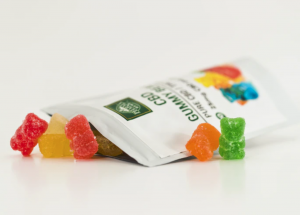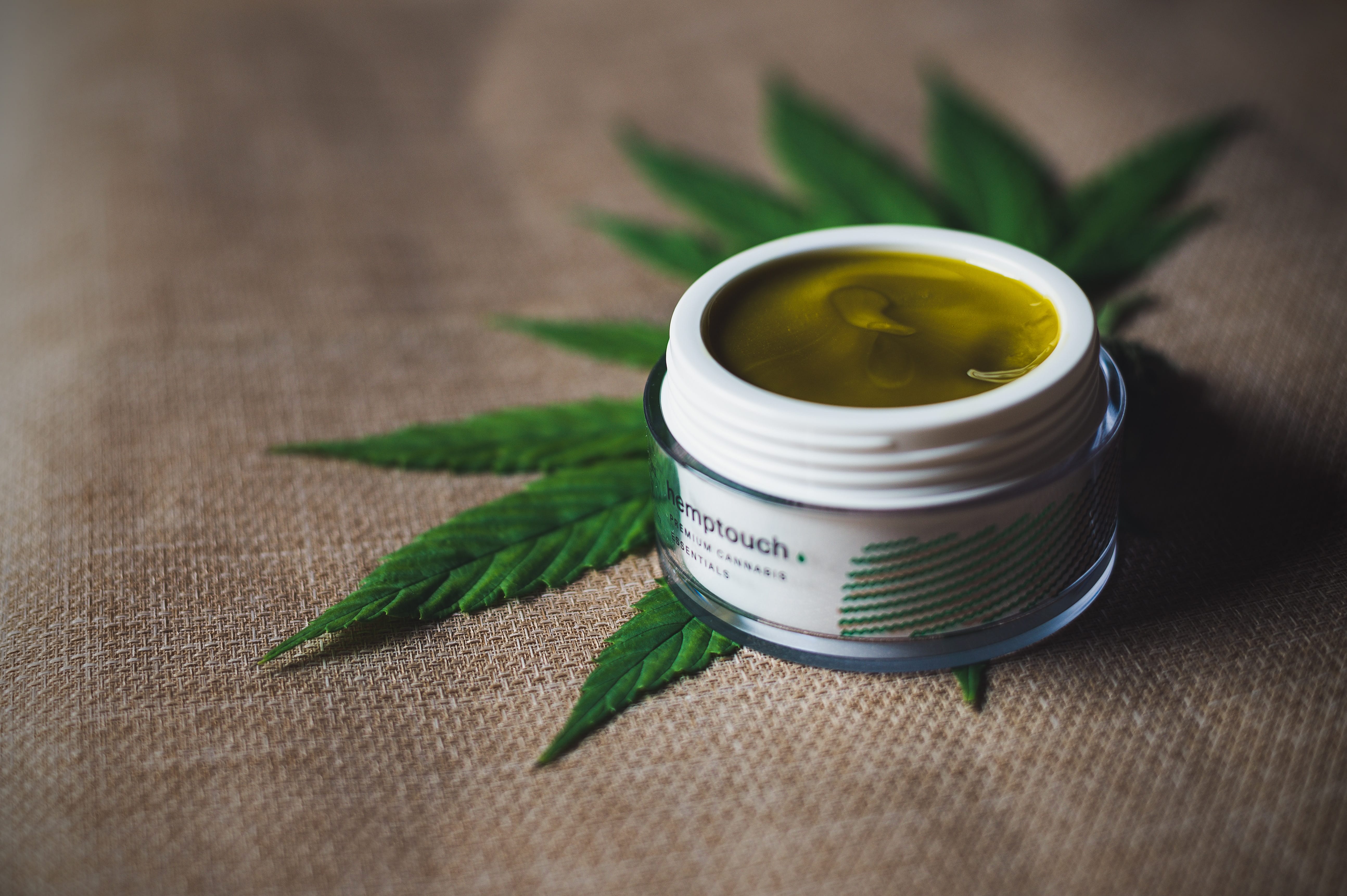While things have moved slowly for the past 50 years, the last 5 years has seen rampant progress and the birth of an exciting, innovative and potentially life-changing industry.
While the CBD (cannabidiol) industry in the UK is currently booming, it is not long ago that such products were reserved solely for underground markets. The cannabis plant has been prohibited across the globe for many, many years and this has resulted in potential CBD users being left confused as to the legality of cannabis-derived products such as CBD. This has led many to ask the obvious question: is CBD oil legal in the UK?
Now we are in 2021 and CBD is legal to be sold in the UK both over the counter and as a prescribed medicine (see Epidiolex as an example). Research has gathered apace in recent years and the sheer number of ailments that CBD has the potential to benefit is growing by the month.
Firstly, for those who are perhaps less aware of CBD, let us begin by outlining exactly what it is.
What is CBD?
There are over 100 different cannabinoids that exist within the cannabis plant. The two most dominant compounds are CBD and its close cousin THC (tetrahydrocannabinol).
Many people get these two compounds confused, but it is crucial in understanding how CBD works. THC is psychoactive, meaning it can impact the way your brain functions, whereas CBD is not. CBD does not get you high.
Furthermore, there are three main types of CBD that you should be aware of. These are as follows:
- CBD Isolate – CBD isolate is the purest form of CBD that we are currently capable of producing. It contains no other cannabis compounds and is usually sold in a crystalised or powdered form.
- Broad Spectrum CBD – Broad spectrum CBD contains a vast number of cannabinoids, flavonoids and terpenes that are naturally found within the cannabis plant, however it does not contain THC.
- Full Spectrum CBD – Full spectrum CBD contains all of the cannabis compounds that broad spectrum CBD does, but also includes trace amounts of THC. One must be aware that the legal limit for THC in the UK is 0.2%, which is nowhere near enough to provide a psychoactive effect on the user.
Since Roger Adams, an American chemist, first successfully extracted CBD from cannabis through ethanol extraction, it has been a long and arduous journey to more reasonable regulation. Let us move on to look at how we arrived in the current state.
How can CBD be used?
Due to the enormous influx of interest around the industry in recent years, we have seen rampant innovation take hold.
This has led to a plethora of exciting new products arriving on the market where the true winner has been the consumer. Gone are the days of being faced with CBD oil at a range of percentages. Now, one is able to choose from a galaxy of exciting delivery methods, including:

- Oral CBD Sprays
- Sublingual CBD Wafers
- Transdermal CBD Patches
- CBD E liquids
- Topical CBD Skin Care Products
Cannabis Laws in the UK – a Timeline
- 1928 – The Dangerous Drugs Act introduces laws that criminalized the possession of cannabis. Sentencing was reduced for this particular crime in 1967.
- 1971 – The Misuse of Drugs Act was introduced in 1971, which prevented the growing of all cannabis plants.
- 2001 – The Misuse of Drugs Regulations allow cannabis cultivation with the possession of a Home Office license.
- 2015 – The Misuse of Drugs Designation is introduced that was the start of medical cannabis becoming legalised.
- 2018 – Medical cannabis is finally legalised in November of 2018.
- 2020 – The Food Standards Authority (FSA) updates classification to regard CBD as a novel food.
What is the legal THC limit in the UK?
THC, the psychoactive cousin of CBD, is illegal in the UK and can, under extreme circumstances, lead to incarceration. THC has been regarded as a Class B drug since the aforementioned 1971 Misuse of Drugs Act.
As mentioned above, November 2018 saw the legalisation of medical cannabis that contains THC. That said, the process of acquisition is an arduous one. Not only is the prescription unavailable on the NHS, but it is also rarely covered by private health insurance. Consequently, the patient will have to fork out at least £200 each month for the cheapest available subscription.
CBD on the other hand is completely legal in the UK and offers many of the same health benefits, but with fewer side effects. Despite this, there have been rare instances where unscrupulous CBD companies have supplied illegal products that contain over 0.2% THC, which is the legal limit in the UK. This is why it is crucial to always request an independent third-party lab report from your retailer, to ensure it is both legal and of a high quality in terms of its manufacturing.
What is a Novel Food?
UK’s FSA and its European equivalent, EFSA have deemed CBD a novel food since 1997.
The European commission provide the following definition of Novel Food: “Food that had not been consumed to a significant degree by humans in the EU before 15 May 1997, when the first Regulation on novel food came into force.”
What does Novel Food mean for CBD?
CBD’s classification as a novel food only applies to ingestible products, such as CBD oils and CBD capsules. It essentially ensures that all manufacturers are supplying CBD products with accurate labelling.
Only ingestible broad spectrum CBD and CBD isolate products and will be legal, with no room for full spectrum products.
CBD retailers in the UK will have to either partner with a Novel Food compliant supplier of CBD isolate or order wholesale white label products from a supplier with an approved Novel Food application.
Can I Get CBD on the NHS?
In theory, it is certainly possible to acquire CBD via the NHS in 2021. In reality, the actual process is brimming with bureaucracy.
One has to first acquire a prescription from a specially licensed cannabis clinic, which is an expensive and time-consuming deed in itself. Once this has been acquired, you must then pay monthly for your desired product(s).
Conclusion
It is undoubtedly the responsibility of both the cannabis and medical sectors to inform the public of how significant the impact of medical cannabis can be for patients.
While things have moved slowly for the past 50 years, the last 5 years has seen rampant progress and the birth of an exciting, innovative and potentially life-changing industry.
It is very important to reaffirm the importance of seeking out an independent third-party lab report that confirms both the legality and quality of the CBD product that you are purchasing.


Join the conversation!